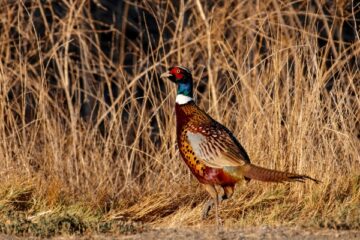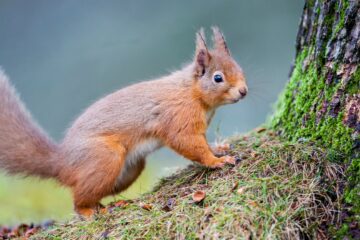Shooting and the Welsh Covid-19 firebreak lockdown
Shooting and the Welsh Covid-19 firebreak lockdown
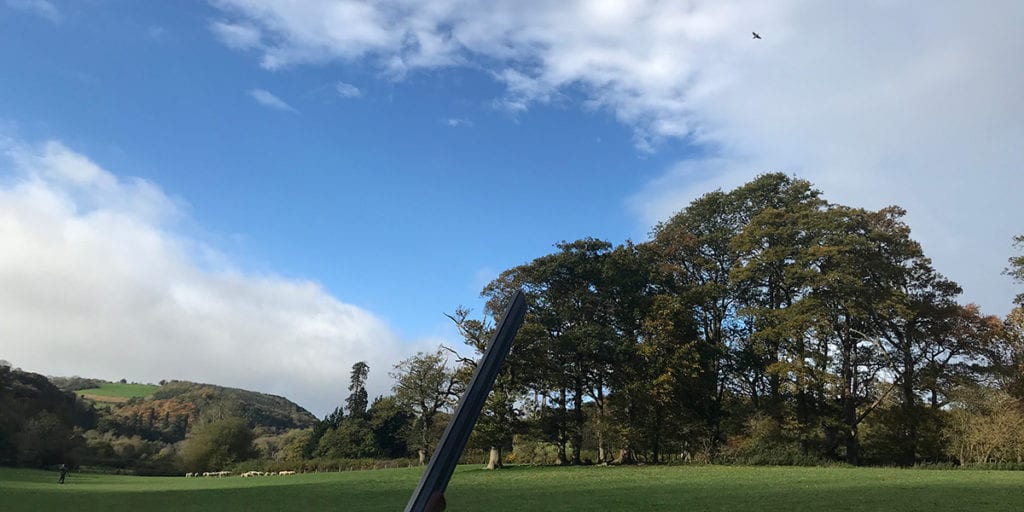
Last Friday, I went loading at a well-known driven pheasant shoot in north Wales. Nothing unusual in that, you might say. However, as it is 2020, I should clarify that I was allowed, under the Welsh Government’s Covid-19 regulations, to travel from home to the shoot for the purposes of working as a loader for the day. So, I didn’t break any rules travelling to and from a neighbouring Welsh county to provide my services.
Recreational shooters and anyone involved in other aspects of shooting (such as loading, beating or picking up) have to ensure they do not breach any government rules. Not adhering to them could lead to a voiding of shooting insurance or, even worse, jeopardising one’s shotgun or firearm certificates.
The firebreak
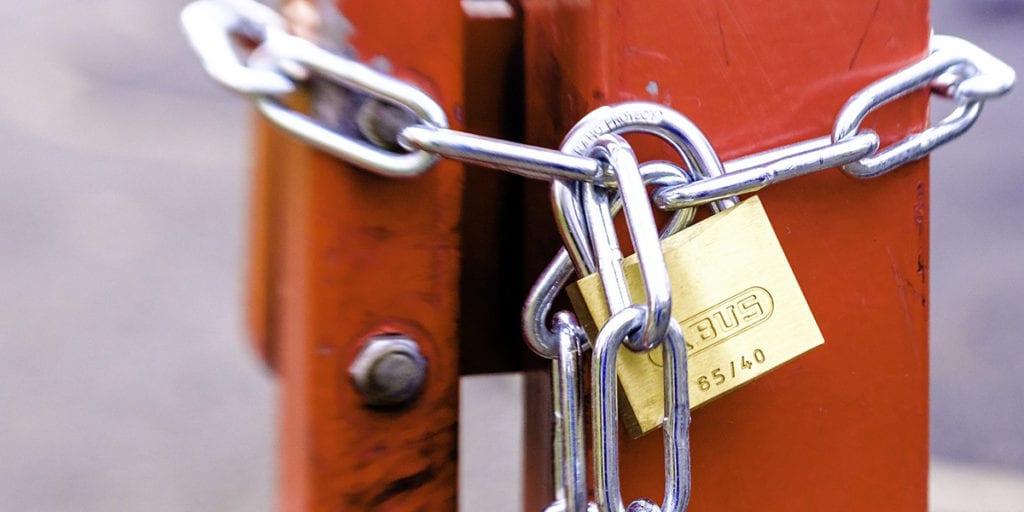
Friday was no ordinary shoot day for me. Most of the non-shooting talk among Guns between drives, and over the socially distanced field lunch, focused on the looming lockdown which was coming into force later that same day. If nothing else, this meant that we all had to be home by 6pm sharp! The Welsh firebreak lockdown was announced by the Welsh First Minister, Mark Drakeford earlier last week. It effectively puts a stop to a range of activities, including game shooting, all over Wales for roughly two weeks – until Monday 9 November.
The next shoot day I was due to be back at this estate was Friday 30 October – right in the middle of the lockdown period. The shoot had no choice but to postpone the day until after lockdown. As this estate shoots three to four times a week during the season, it has proved difficult, but not impossible, to reschedule the shoot days which have fallen between 23 October and 9 November. I hope to be able to make the new shoot date.
Difficult times
Other shooting estates, particularly ones which shoot more days per week, are bound to find it more difficult to move days around. I guess that many days will be lost this season. Changing shoot dates during the season will not only prove a serious problem for many Welsh shooting estates but also for Guns who find themselves in the unprecedented position of having to reschedule their shoot diaries mid-season, not to mention the teams of beaters and pickers-up who all work together to make a shooting day happen. Many of them rely on the income they earn during a normal game shooting season.
There’s also the impact on Welsh businesses in associated sectors to consider – hospitality, accommodation, catering and retail, are all businesses that depend on the income generated by shooting estates in the tourist off-season throughout Wales. The loss of shoot days will undoubtedly have an impact, particularly if this is not the last firebreak lockdown Wales will face this winter – something the Welsh government has already more than hinted at.
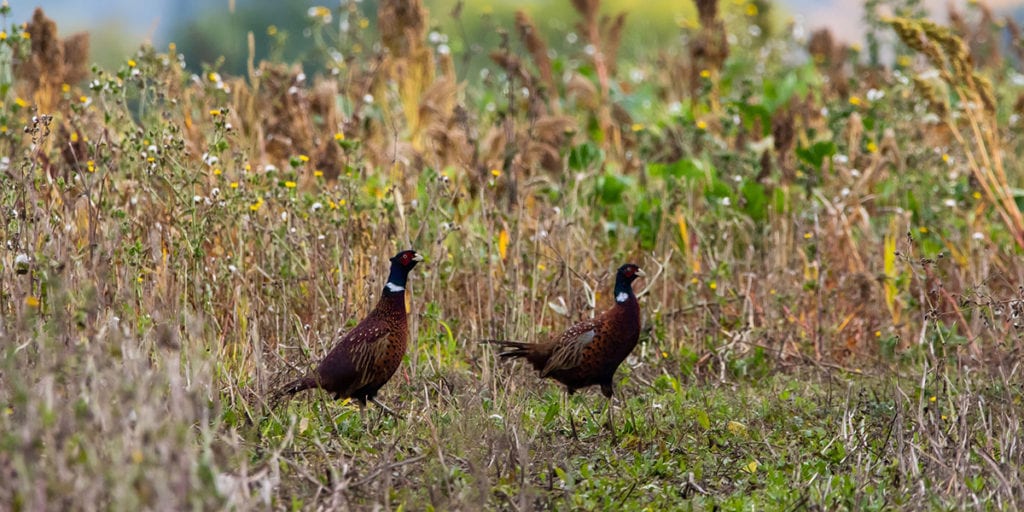
Another issue caused by the postponement and cancellation of shoot days, even for a two-week period, is that the number of birds left on shooting estates will be greater than usual. This is for the simple reason that the birds aren’t being shot as often. This fact will undoubtedly have an added cost impact for all Welsh shooting estates, particularly with wheat costing around £200 per ton this season – a significant and unavoidable overhead. One possible way to alleviate this problem is to shoot more birds than usual on all the shoot days which do go ahead but this may not always be possible.
It’s not only game shooting that has been affected by the new firebreak lockdown but other types of recreational shooting as well. Clay pigeon and target shooting, rough shooting and wildfowling have all faced difficulties as travel for recreational shooting activity could not be classified as essential travel. What is permissible during the lockdown is travelling to carry out pest and deer control – both classified as essential work.
